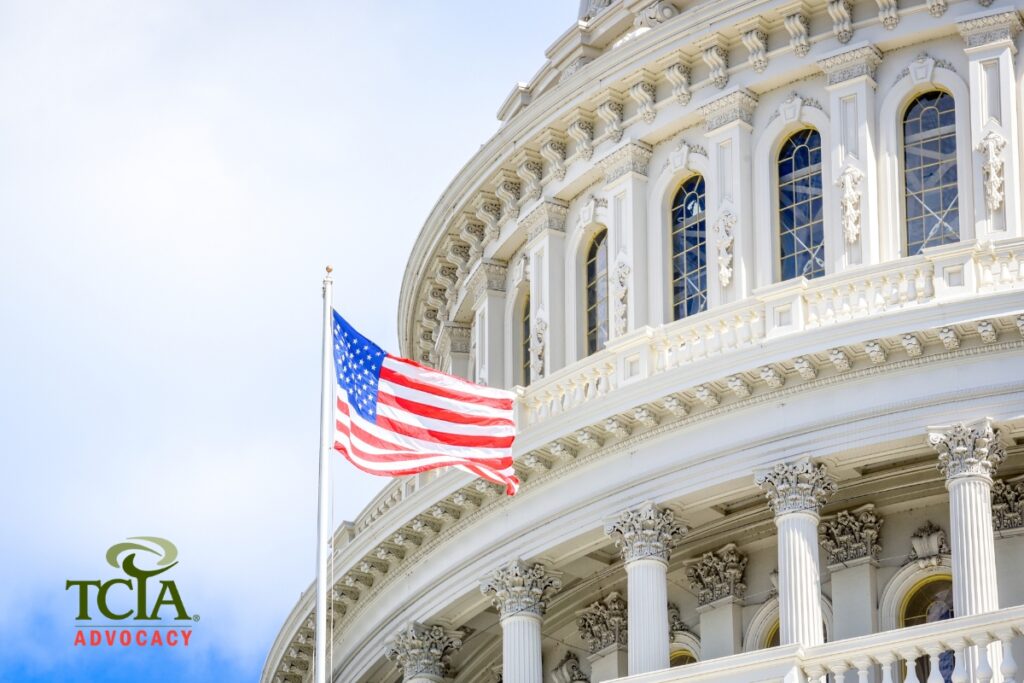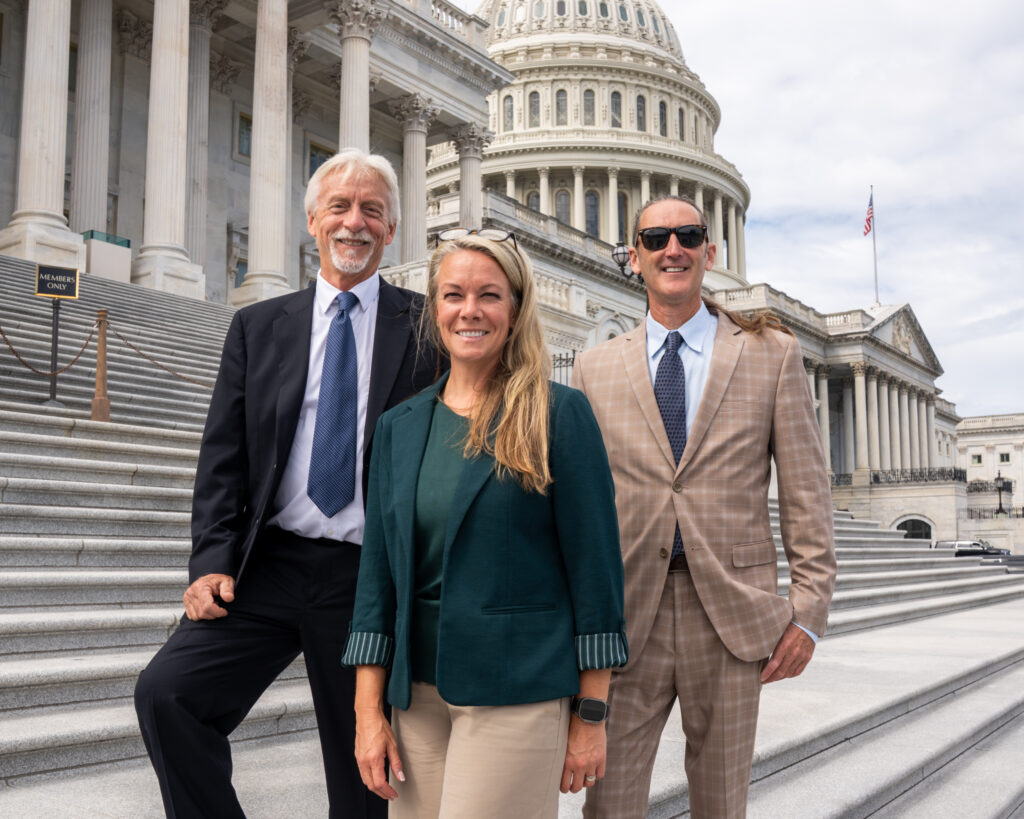
Following is an update on workforce development proposals from Ulman Public TCIA’s Washington, DC-based advocacy and lobbying partner.
Workforce Development Legislation Included in House and Senate Reconciliation Bills
Republicans in the House and Senate are well underway in their efforts to pass their “megabill” reconciliation package, which includes several legislative priorities in the immigration, energy, and tax policy spaces. Notably, both the House and Senate versions of the bill also include important workforce development legislation that TCIA has advocated for in the past. Given the prioritization of the bill by both chambers of Congress, the simple majorities needed for passage, and the White House’s stated goal of having the bill on President Trump’s desk by July 4, there appears to be a path for it to become law in the near future.
Budget Reconciliation Process
The budget reconciliation process is a legislative tool used by Congress to expedite the passage of budget-related bills. Unlike regular legislation, which needs 60 votes to bypass a filibuster, reconciliation bills only require a simple majority (51 votes) in the Senate to pass. Reconciliation bills can only include provisions that are directly related to federal spending, revenue, or the debt limit, and they cannot include measures deemed “extraneous” to the budget.
Over the past several years, Congress has passed legislation using the budget reconciliation process when either party maintains a majority in both the House and the Senate. Most recently, Democrats used the reconciliation process in 2022 to pass the Inflation Reduction Act, and Republicans used it in 2017 to pass the Tax Cuts and Jobs Act.
Freedom to Invest in Tomorrow’s Workforce Act and Workforce Pell Grants
Two notable workforce development proposals have been included in both the House and Senate reconciliation bills: a 529 savings plan expansion and a workforce Pell Grant expansion.
The 529 savings plan expansion, known as the Freedom to Invest in Tomorrow’s Workforce Act (H.R. 1151/S. 756), broadens the definition of “qualified education expenses” under such plans to include costs associated with postsecondary workforce training and credentialing programs. Traditionally, 529 savings plans have only covered college, graduate or professional degrees; education programs at accredited institutions; registered apprenticeship programs; portions of elementary and secondary school tuition; and certain student loan repayments. If passed, the Freedom to Invest in Tomorrow’s Workforce Act would expand eligible costs to include certificate programs, exam fees, prep courses, books, equipment, continuing education, and certification renewal fees.
Additionally, both the House and Senate reconciliation bills include a provision to expand the federal Pell Grant program to help pay for short-term workforce development programs—beyond its traditional use for covering costs associated with attending college. Known as the Workforce Pell Grant, the funds could only be used at eligible programs, which must offer between 150 and 600 clock hours of instruction over the duration of 8 to 15 weeks. Eligible programs must align with the requirements of high-skill, high-wage, or in-demand industry sectors or occupations, and they must lead to a recognized post-secondary credential that is stackable and portable across more than one employer.
Looking Ahead
The House has already passed their version of the budget reconciliation bill (H.R. 1), which includes the workforce development provisions discussed above at Section 30032 and Section 110111. The Senate is now working through its own reconciliation process, and its current draft also contains these provisions. However, the final Senate version will almost certainly include differences from the House version that will need to be reconciled, potentially resulting in changes to—or the elimination of—programs like these. TCIA will continue to monitor for updates related to the budget reconciliation process as they relate to workforce development and other policy issues relevant to tree care companies.
Your Voice in Washington. TCIA advocates Washington on behalf of all our members, and the tree care industry at large. We work to ensure lawmakers understand the unique challenges and risks of our profession, while pushing for industry-specific legislation that supports safety, growth, and operational success. Learn more about TCIA’s advocacy efforts.


